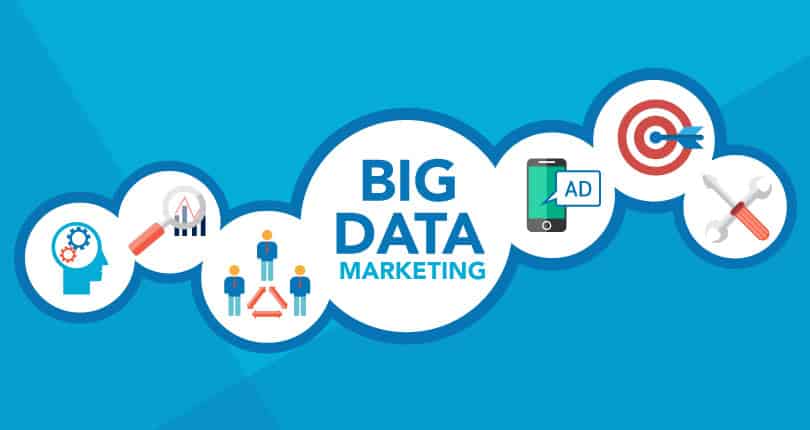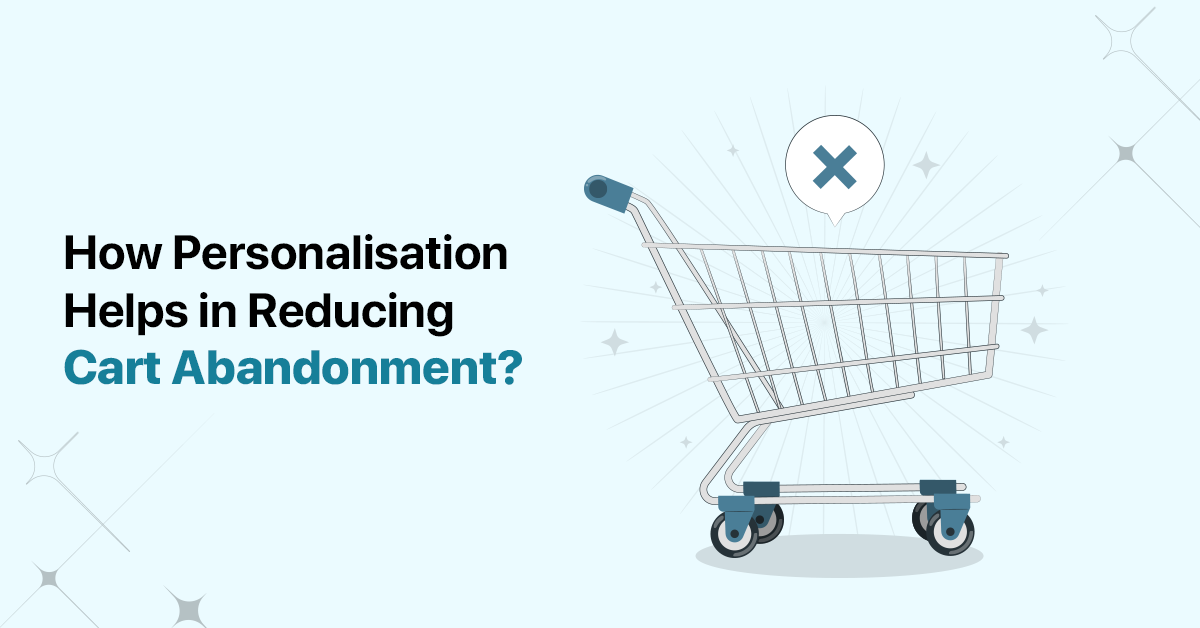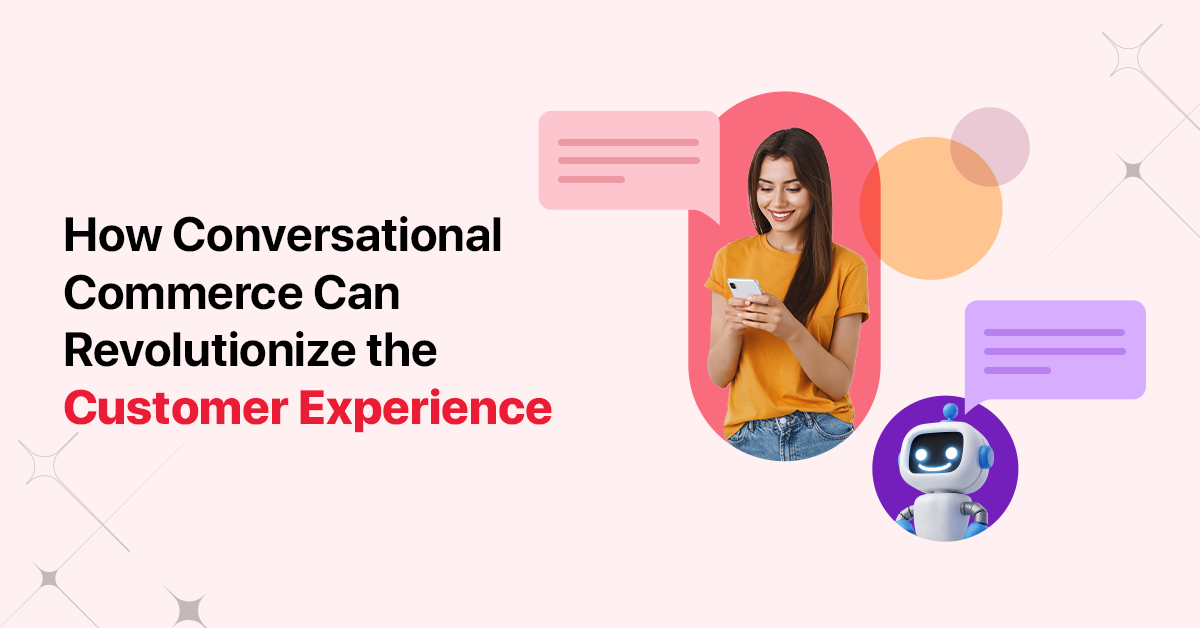When it comes to data marketing, most businesses are under the impression that it’s only meant for eCommerce and the likes. Of course, those are the businesses that need to analyse what their audience is buying the most and what they might like to buy in the future. They are the ones who need to keep track of what’s trending on digital and find the market opportunities to place their product.
But then, doesn’t every other business to?
Yes, they do.
Here’s taking a look at how non-eCommerce brands or businesses can leverage data:
1. It will help create better customer personas
One of the first and foremost things that every business marketer does, is create customer personas – identify their target market and streamline the audience they want to reach out to. A business needs to know who it is selling to, before broadcasting its value proposition – because the sales pitch no longer works with this hyper informed generation.
This is where you can make use of user profile data from across the social channels and digital platforms that your audience is likely to be using. It will provide you with their contact information, name, location, age, what they do, their background, interests, common concerns, what they are looking for, their purchase triggers and a lot more!
The more data points of your audience you can collate, the better you can segment your personas. The better the segmentation, the more effective would be the marketing strategies because they’d be focused on converting just them.
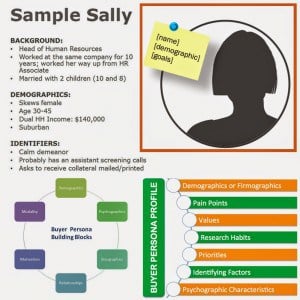
Source
Also read: The 6 key steps to identifying your target audience

2. It will help recognise where your audience is
The digital expanse is never ending. Bat your eye and there is a new digital forum or social platform starting to trend. This has made knowing where your audience is the most active, very important – because let’s face it, you can’t possibly be present everywhere.
Marketing data enables marketers to access their audience information – right from geographical location, language of communication to social networks they are using and the devices they are making use of. This adds to the understanding of the market opportunity and helps create a better user experience.
For example, when you post something on Facebook, you’re able to look into insights to reveal which segment of your target audience has engaged with it the most. You also get access to their location information – which can later help you create location specific marketing campaigns.
3. It will enable effective personalization
The consumer market no longer wants to be treated in a generic manner. So the broadcast messages of what your brand has to offer are no longer effective in turning them into customers. For that matter, even the customers you have already acquired need retention strategies that add value to them. This is what personalization of your marketing strategy is all about!
Knowing what your audience wants, where they are facing a problem and where they are looking for solutions, helps you create a better value proposition for your business. This also helps you create an effective lead generation and nurturing process that caters to each segment of your target audience like as an individual.
For example, if you have a website visitor who showed interest in your product, but subscribed to your blog instead before leaving, you could remarket your product to him over email or social media using the contact information. It will also help you address him with his name and exactly put forward the use case he was looking for. This creates a personalized customer journey till conversion.

Also read: 7 ways to personalize email marketing campaigns instantly
Personalization helps improve the user experience on all digital platforms. You’re more consistent with your messaging and know exactly what they expect as a solution from your brand, and how they’d like to convert.
In fact, tools like CrazyEgg even give you insights into how your audience is interacting with your website. This helps you further optimize it for conversions – knowing where they are more likely to click, where they spend most of the time and from what point you have been losing them.
4. It will help create better content
With the importance of content marketing rising by the day, every marketers knows the value of remaining relevant and valuable to their target audience. If you’re creating content that only serves your purpose, you’re practically wasting all of your time and resources.
Data helps you understand how each piece of content you have created so far, is performing in the target market. How many people are consuming 100% of your content and converting on it, and how many dropping off before they even reach mid-way. This is getting an insight into what is required to convert a reader to a customer.
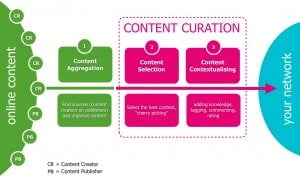
You can use smart tools like the Google Adwords keyword planner to find keywords or phrases that are relevant to your business, and are being used to reach you. This might just give your editorial calendar a boost with new topics to cover – those which your audience is more likely to read, consume and act on. How a blog post performs eventually in the market, can be tracked easily using Google Analytics; enabling you to further optimize it for better results.
Also read: Why and how to get started with content personalization
5. It will help timely identify market opportunities
As the world goes digital, almost every business is taking their products and services online. This has increased the challenges of a conventional marketer in acquiring new customers – no matter how well established or popular a brand is.
With data, marketers will be able to not just monitor their acquisition closely, but also their churn rate as well the reason behind it. This will help them understand why exactly their business is losing the market and identify the opportunities that they can tap into before a competitor does to get the market back.
6. It will offer a competitive advantage
One of the best things about data marketing is that it gives you a competitive advantage. You know what each of your competition is doing to acquire the market and what market opportunities are still available to you.
The insights let you know how you rank against the existing competition, who might be a threat to your market in the future and what you can do to better your marketing strategies. Make use of social analytics and social listening to collate data that creates better audience demographics than your competition.
Over to you
Data marketing is for everyone. Knowing what works for your target audience, what they expect and what they might need in the near future will not just give you a competitive edge, but also improve your business growth.
And of course, data marketing definitely helps with marketing budget management. You are able to gauge how much you need to invest in a platform to acquire a specific customer segment and what can be put on the back burner instead!
The current digital scenario works almost on a ‘first come, first serve’ basis. So if you don’t want to later panic and create marketing strategies to regain your market, implement data right from the starts.
Companies like Wigzo provide marketers with intelligent marketing automation and omni channel personalization tools, using the power of machine learning. If you’re all set to revolutionize the way you market your business, start with data marketing today!
Also read: How machine learning is changing the digital landscape


